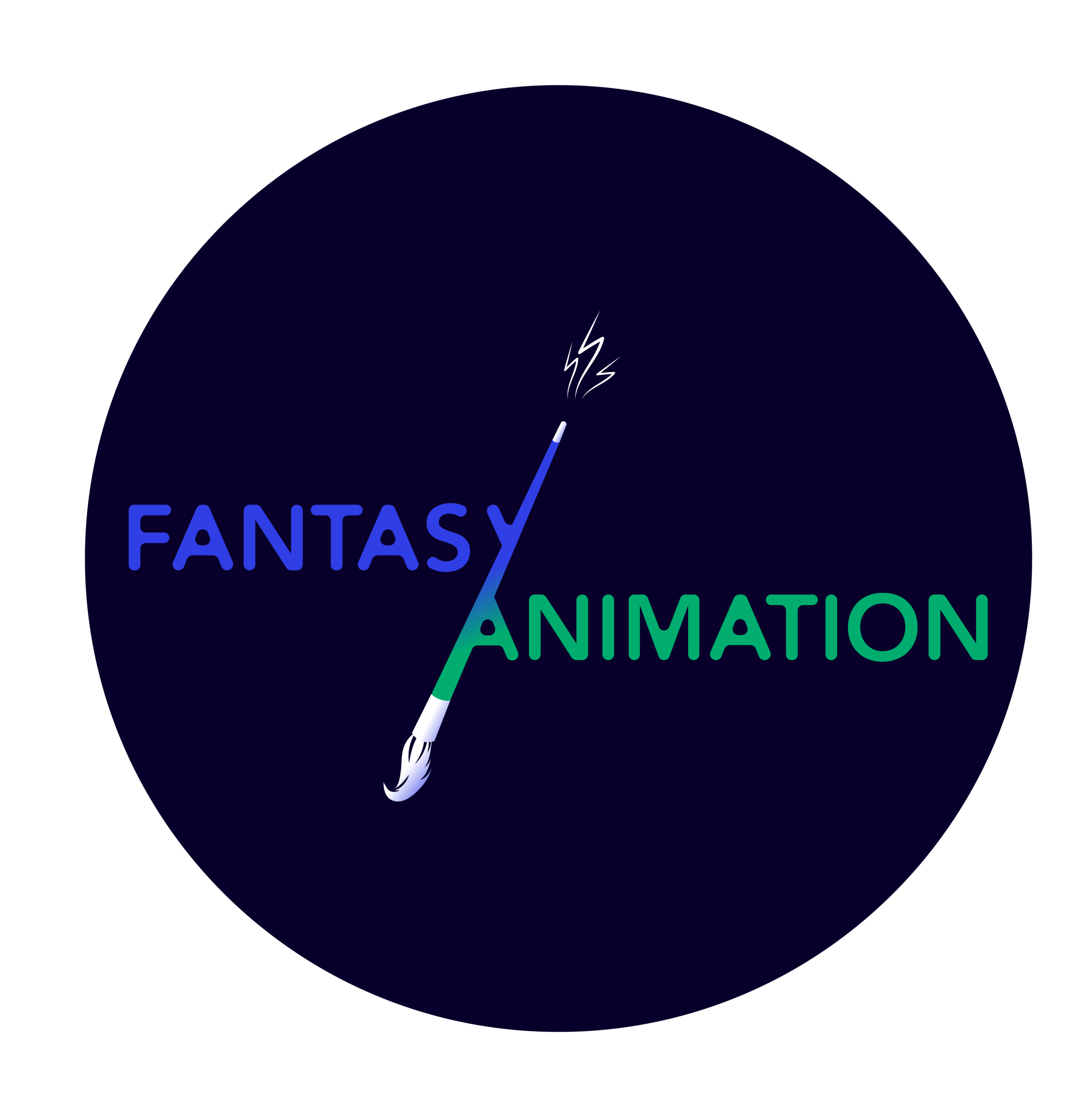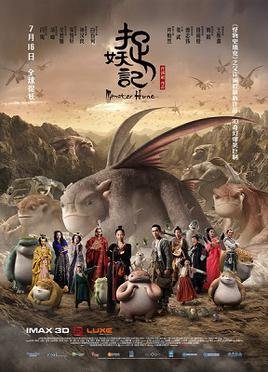Review: Kenneth Chan and Andrew Stuckey (eds.), Sino-Enchantment: The Fantastic in Contemporary Chinese Cinemas (2021)
It seems that even film fans are becoming increasingly aware of the huge significance China is going to play in the next few decades of popular culture. In a global media landscape otherwise dominated by the United States, the huge significance of both the Chinese box office and the Chinese government’s cultural politics is shaping the fortunes of the globalised media industry. Only in the last months, we have seen an influx of articles discussing the uncertain nature of US-imports within the Chinese market in relation to the MCU’s latest venture Antman: Quantomania (2023). {https://www.globaltimes.cn/page/202302/1285763.shtml – hyperlink]. At the same time, PRC-produced blockbusters such as The Great Wall (2016) and the Wolf Warrior series (2015-) allows English-speaking media to speak of an emerging awareness of Chinese popular culture as a kind of expansion or threat to the assumed ‘naturalness’ of US dominance. Rarely, however, is the story considered from the other way around.
Kenneth Chan’s and Andrew Stuckey’s Sino-Enchantment: The Fantastic in Contemporary Chinese Cinemas seeks to do just that. The edited collection offers a series of essays that examine the state of fantastical cinema within the PRC and its cinema, collectively providing a much needed and timely intervention into critical discussions of fantasy cinema’s place within popular culture. Sino-Enchantment contains interesting discussions of the way in which fantasy is framed by PRC-policy, offers discussion of the politics of imagining and spectacle within domestic China, as well as examinations of the porous nature of both ‘internal’ Chinese identity, and Chinese identity within an increasingly globalised public sphere. Fantasy blockbusters becomes magical manifestations of different discourses and ideas, just as they always have, but rarely are they spoken to and for with constant precision and insight.
There is not space here to do justice to the individual contributors, but a quick tour of those essays that stick in my memory will have to suffice. I encourage readers to find their own pathway through a collection that is self-conscious porous and boundary-crossing in its delivery. For me, though, Dan North’s work on The Great Wall was rather good (49-70). It combines a detailed production history with a nuanced consideration of different visual conventions, examining how the blend of co-producers “shapes the visual identity of the film around a blend of Chinese and Hollywood conventions” (51), tying the film to the cultural policy’s of the PRC and framing the film as a kind of “scopic soft power” (53).
Other essays that stuck include Elaine Chung’s work on “Chick flick fantasy” (149-165) and Mei Yang’s examination of the curious blend of sentimentality and otherness in the film Monster Hunt (2015) (185-202). Both of these chapters are noteworthy both for what they say about the fantastic, stretching an understanding beyond genres that within western conscious might be deemed more typical of its usage (fantasy, horror and science-fiction), as well as for how they use the fantastic to speak about the miasma of hopes and dreams buried within popular cinema and its effects.
Indeed, a bit more thinking about the fantastic would have been useful across the board here. Chan and Stuckey begin Sino-Enchantment with the obligatory ‘term-defining’ required of scholarly introductions. As they state:
“We rely on the theoretical concept of ‘Sino-enchantment’ as a critical tool, not only to corral these exciting essays of varied interpretative approaches and foci into a coherent collection, but able to envision a hermeneutical boundary that is flexible and porous enough for this wild thing once calls the fantastic in Chinese cinemas to run free” (1).
Given how embedded a term like enchantment is within a microcosm of post-enlightenment leisure activities, and given how vast the challenge is in providing some sort of coherent account of a “sino”-version of this phenomenon given the multiple cultures, dialects and regions it represents, I wonder if trying to envision a porous hermeneutical boundary is really what is urgently needed here. The verb ‘corral’ is telling. I’m not sure it is useful to try to corral anything with something porous and malleable. What is needed is instead is the theoretical equivalent of a stick and whistle, something that seems lacking from some aspects of the collection that includes examinations of historical epics, Hong Kong Cinema, international co-productions and the 2008 opening ceremony of the Olympic games. All of these subjects are approached through a familiar framework of references that are drawn from a western critical consensus. Julia Kristeva is used to consider ideas of intertextuality in relation to Hou Hsiao-hsein’s The Assassin, whilst Siegfried Kracauer, Susan Sontag and Guy Debord show up to sing a familiar tune about the relationship between aesthetics and politics in the works of Zhang Yimou. Yet, although a familiar canon of fantasy theory including Tzvetan Todorov, Rosemary Jackson and Brian Attebery appears, the collection only very occasionally considers the swathes of work produced on fantasy in the last few decades, either to challenge their assertions in the new sino-context, or to bring them to bear on this media corpus.
But that’s the small rant over. If one sets aside these somewhat pedantic concerns, there’s plenty to like here. Sino-Enchantment: The Fantastic in Contemporary Chinese Cinemas is an important contribution to an attempt to critically globalise fantasy, just as fantasy becomes more and more globalised.
**Article published: May 5, 2023**
Biography
Dr Alexander Sergeant is a Senior Lecturer in Film & Media Studies at the University of Portsmouth. He specializes in the history and theory of fantasy storytelling, with a particular expertise in the Hollywood fantasy genre. Prior to joining Portsmouth in 2019, he taught at Bournemouth University, London Metropolitan University and King’s College London (where he received his PhD in 2017). He is the author of Encountering the Impossible: The Fantastic in Hollywood Fantasy Cinema (SUNY Press, 2021), which seeks to understand the appeal of fantasy storytelling by exploring its psychological and philosophical routes. He has been published in a wide range of peer-reviewed academic journals and edited collections, and is a regular contributor to the online newspaper The Conversation. Regular listeners to the podcast will recognize him for his talent for asking impossible questions, usually in an effort to catch his co-host Christopher Holliday off guard, and his frequent but unnecessary references to The Wizard of Oz (it is his favourite film after all). In between all of this, he is able to occasionally offer some insight into the complex nature of fantasy storytelling. He is the co-founder of Fantasy-Animation.org.


